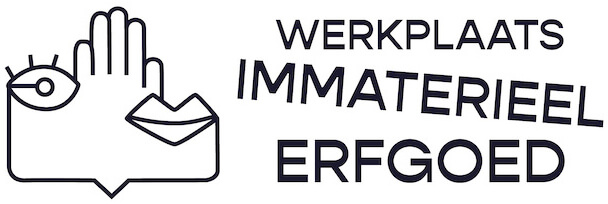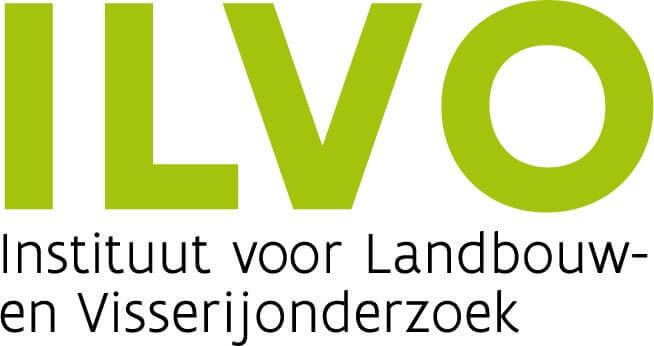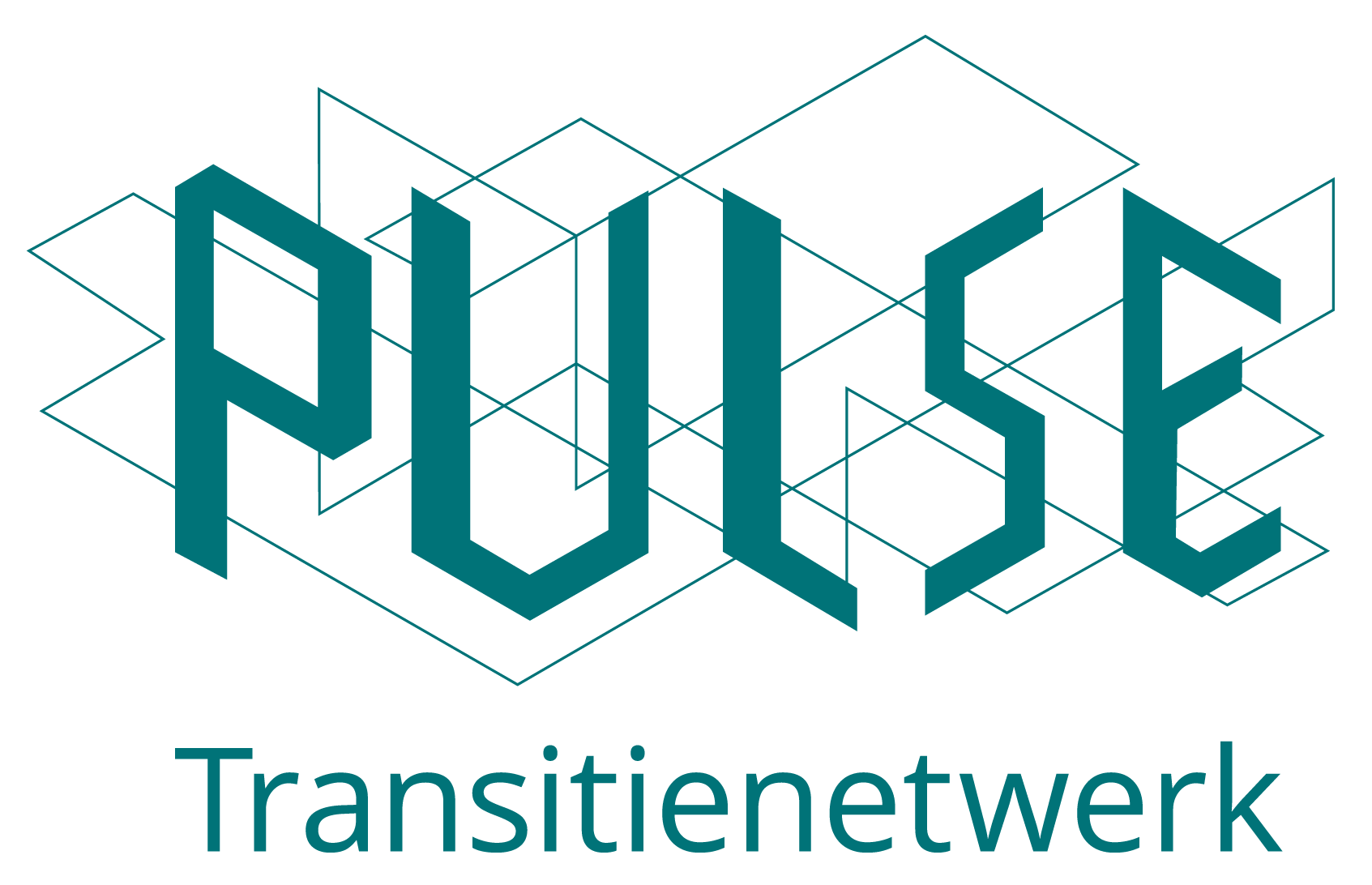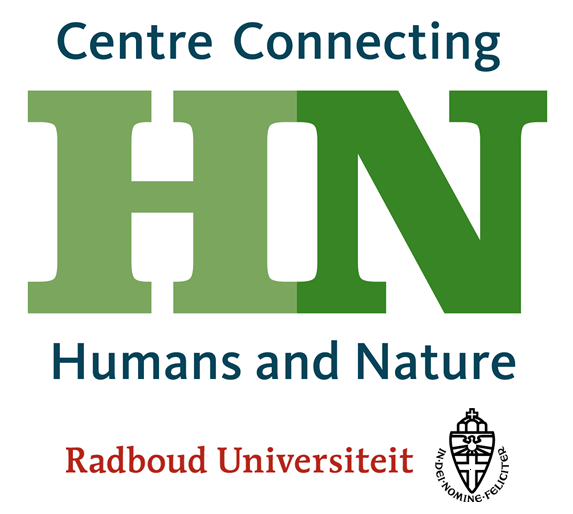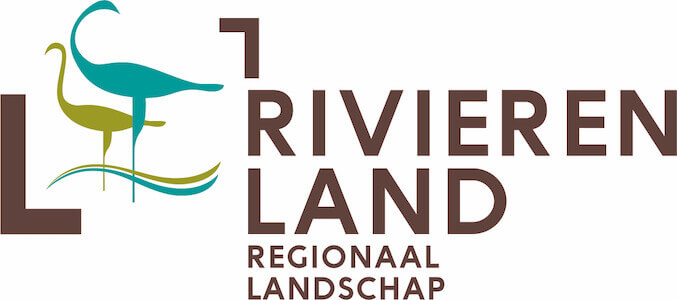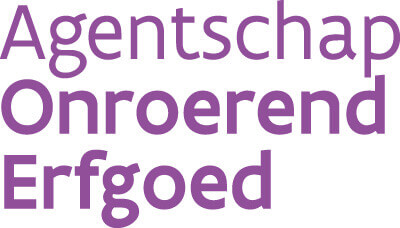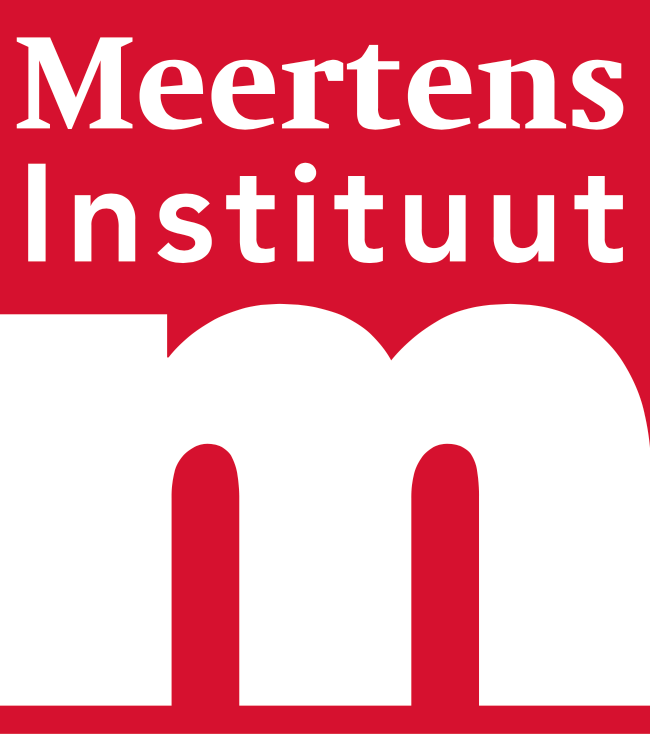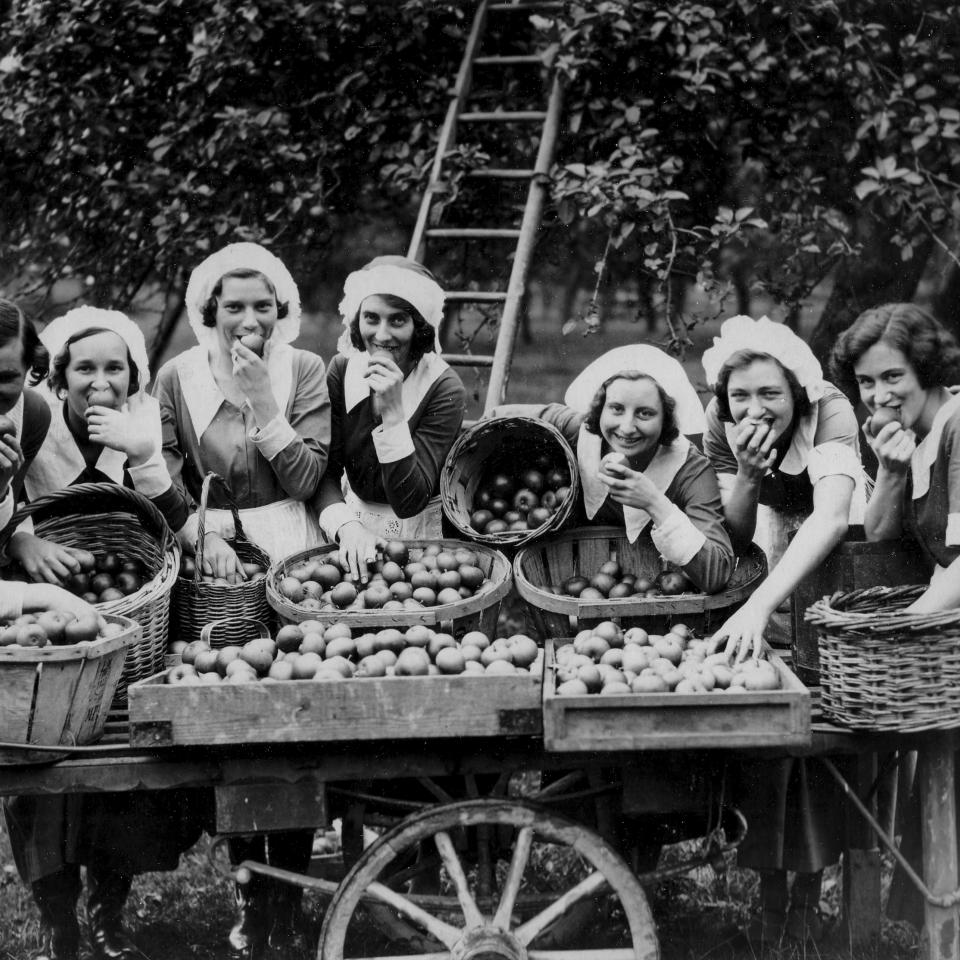
Centre for Agrarian History
The Centre for Agrarian History (CAG) is the knowledge center for agricultural heritage in Flanders and Brussels. It aims, together with other interested parties, to study, preserve and make accessible to a wide audience the heritage and history of agriculture, food and rural life from the second half of the eighteenth century. This tangible and intangible heritage is highlighted in its national and international context, with great attention also paid to the interaction with current events and the future.

Dutch Centre for Intangible Heritage
The Dutch Centre for Intangible Heritage (KIEN) has been coordinating the implementation of the 2003 UNESCO Convention in the Netherlands since 2012. KIEN helps practitioners of intangible heritage to safeguard (development, promotion, passing on) their intangible heritage, including through the Intangible Cultural Heritage in the Netherlands Inventory. KIEN also works on knowledge development for the practice of safeguarding intangible heritage.
KIEN advises governments on intangible heritage and stimulates debate about it. In addition, KIEN strengthens the sector and pursues an active media policy to raise awareness of the importance and value of intangible heritage.
This project is monitored by an international, diverse advisory board with representatives from the following organizations: Flanders Heritage Agency, Antwerp Cultural Heritage Sciences - University of Antwerp, Center Connecting Humans and Nature - University of Nijmegen, Flanders Research Institute for Agriculture, Fisheries and Food, Meertens Institute, Pulse – Cultural Network for Transition, Vlaamse Landmaatschappij, Flanders Environment Agency, Regionaal Landschap Rivierenland, Wageningen University & Research - Wageningen Environmental Research, Workshop Intangible Heritage. This project is being realized with the support of the Flemish government.

